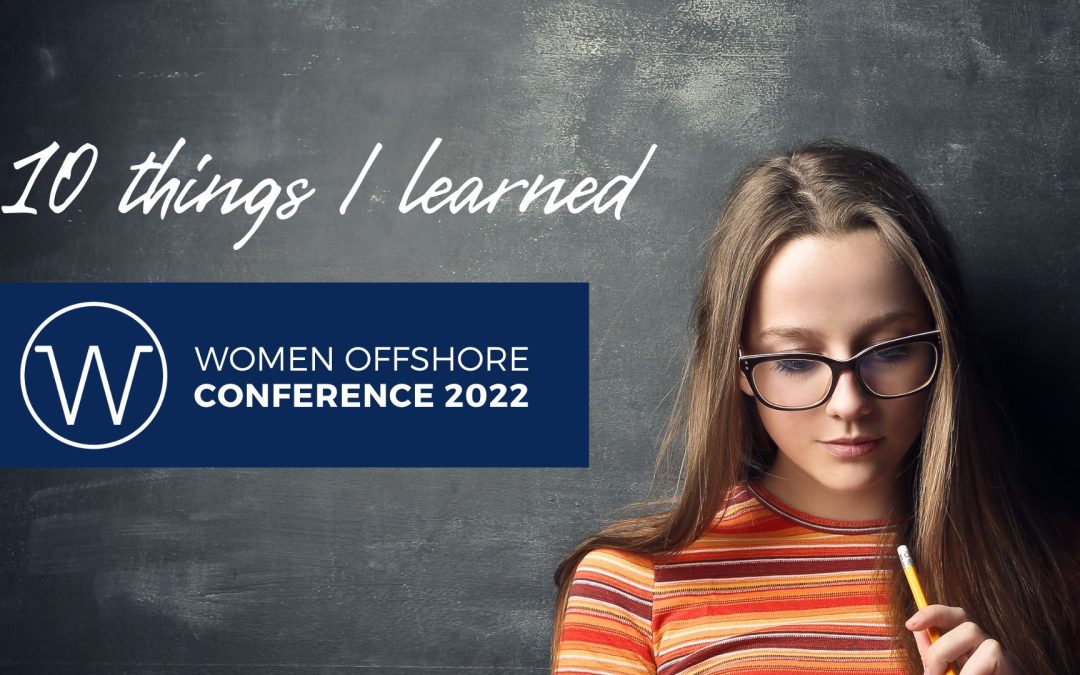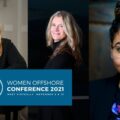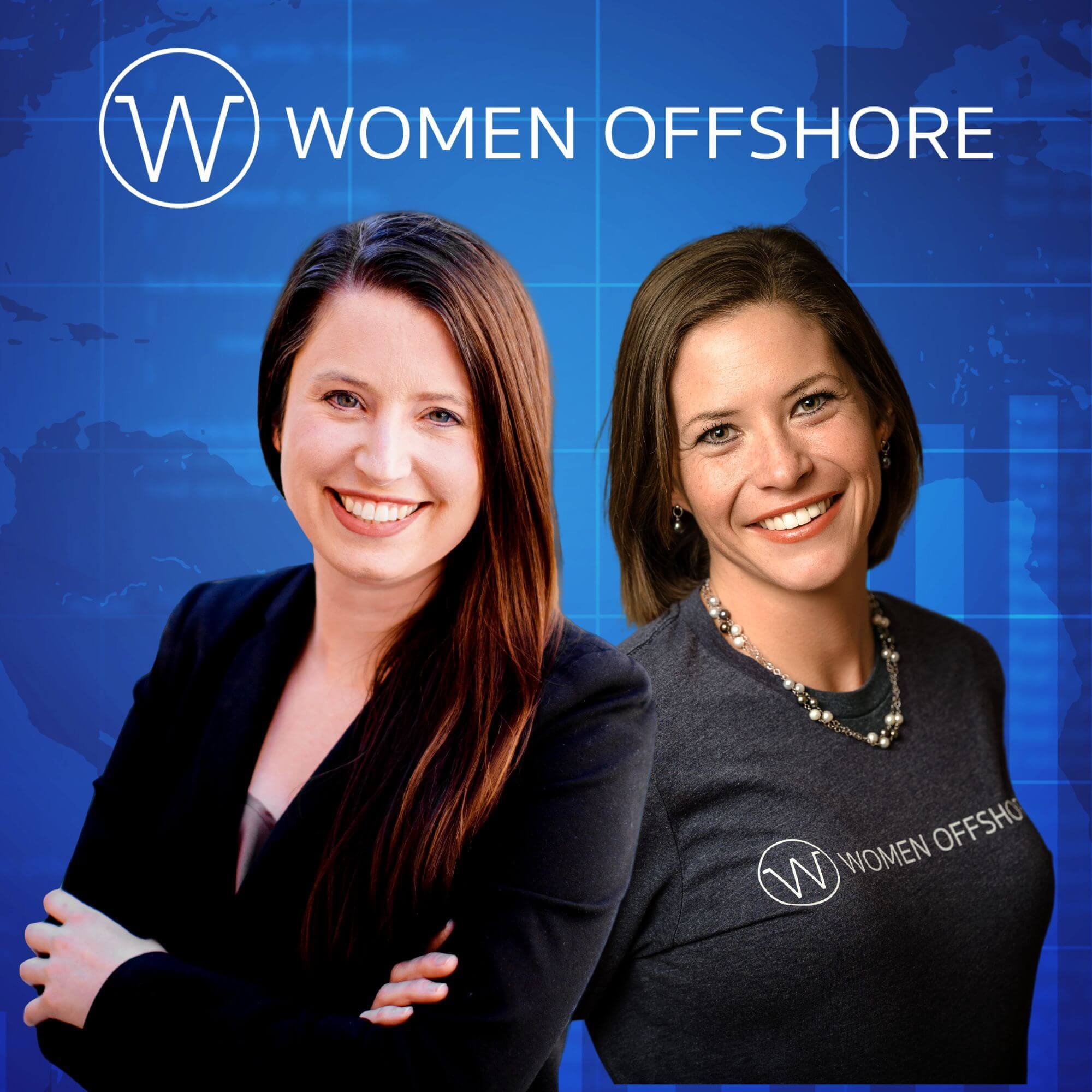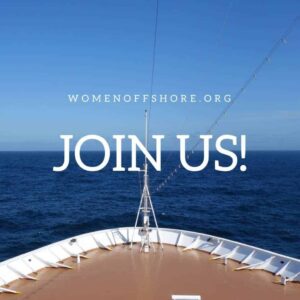I thoroughly enjoyed this year’s conference and came away, first and foremost, with the overwhelming impression that those who attended are remarkably dedicated workers and strong representatives of their respective communities. They are true assets to the industry and potential change agents for the better.
There were many takeaways from all the sessions, but I narrowed my focus to TEN THINGS I LEARNED from this year’s conference:
- Maritime is exciting and lucrative. I loved these quotes: “I want women and minorities to get a piece of this pie. It’s a beautiful pie with all kinds of flavors in it.”
- The USA is behind the curve in protecting employees who are pregnant. This wasn’t a big surprise, but I learned how women struggle to have families while working offshore. In Northern Europe, sailors from Sweden and UK have a very supportive environment for having a family, taking time off, and still having an income. The advice I heard: talk about the possibilities before you are pregnant. know what your company’s maternity policy is, and know your rights. Challenge the industry to create policies.
- I learned how to respond when I see/hear something wrong. I wish this was a lesson I had learned decades ago. One method: feedback. “This is what I observe. This is the impact it’s having.” Also, ask the supervisor what’s going on. Difficult to do, but this Women Offshore support team will help.
- Education is the best way to mitigate any kind of bias. Bias is all around, we all have it. It’s easy to miss something you’re not looking for. You may not see anything at first, but as you keep looking you can become more aware. Manage your bias: Know your own biases (and they can change). Educate yourself. Use respectful language. Increase chances for positive contacts. Speak up against bias every time, with no exceptions.
- Your network is your net worth. You are not going to ascend without relationships. Build allies; cultivate a network. Where are my allies when I need help? I know it is true and have consciously lived this way in the last couple of decades. How to develop mentoring relationships starts with joining groups like Women Offshore, WISTA, and others, for example, org/mentoring-women
- Boundaries are crucial: The boundary setting begins at the start. Find someone you respect and trust to guide you in setting boundaries on your time, your body, your concentration. You have to find a way to say no to those who try to cross your boundaries. Don’t bow to their pressure. Do not share personal problems with a mentor. (This last sentence was a revelation for me. I would not have realized it before this conference.)
- Be loud and proud. companies are going to have to take action to keep a good diverse workforce. “Never take your foot off the gas, never stop making it safer for women and minorities at sea,” Admiral Ann Phillips emphasized in her presentation.
- I learned how to approach a male role model who seems not fond of female mentees. If he doesn’t want women in the role he may not be good for you anyway. But, If his misgivings are about being alone with a woman, make sure you conduct your mentorship in public and help put him at ease so he isn’t nervous. Sometimes you can find a man who will listen and help you in situations.
- The Safer Seas Act is going to make a huge difference. Women Offshore has been working with the Coast Guard about reporting SASH (sexual abuse, sexual harassment.) “Catalyst” is a group that advocates for minorities and women. (org) Another group I learned about is “Marc,” men advocating for real change.
- Finally, I had a truly valuable personal moment when I heard Admiral Ann Phillips, Maritime Administrator, MARAD, tell a story that pierced my heart. She said she was a young officer on a navy ship and was berating a female mariner when a nearby enlisted man heard her and said, “Why do you talk to her that way? it doesn’t become you.” It was a wake-up call that changed her life. I wish someone had said that to me decades ago. When I was a young television news producer (one of the first), there was so much competition and no real awareness of a woman’s role in the workplace. And I also “barked” at people sometimes and regret it today. Like Admiral Phillips, I often did not lead or manage with integrity and grace. Her story really touched me. I’m grateful to know this generation of women leaders has a chance to practice communication with compassion and kindness, keeping in mind the idea (and theme of this year’s conference) “LIFT AS YOU CLIMB.”
Finally, one of my favorite quotes came from this year’s winner of the Wavemaker Award, Captain Jeane Ferrer.
“You have the power to make waves. The climb is one rung at a time.” – Captain Jeane Ferrer.






I’m super excited to be a part of this great community